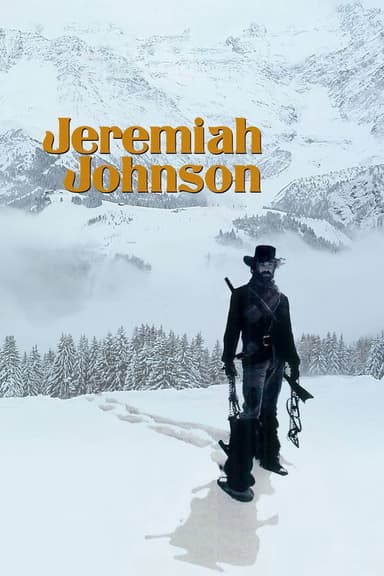
Rooster Cogburn
1975 • Adventure, Drama, Western • PG
After a band of drunken thugs overruns a small Indian Nation town, killing Reverend Goodnight and raping the women folk, Eula Goodnight enlists the aid of US Marshal Cogburn to hunt them down and bring her father's killers to justice.
Runtime: 1h 48m
Why you should read the novel
Charles Portis's novel True Grit is a masterful literary experience that delivers richly layered storytelling beyond what any screen can provide. Through the eyes of the indomitable Mattie Ross, readers are invited into a world of stark justice, humor, and subtle emotional resonance. The language, detail, and authentic voice found in the novel offer a nuanced portrait of the American frontier rarely captured on film.
Diving into the pages of the book means gaining intimate access to its characters' thoughts and motivations, unfiltered by Hollywood adaptations. Portis’s prose breathes with authenticity, immersing you in period dialect, vivid imagery, and the unique landscape of 1870s Arkansas and Indian Territory. The wit and wisdom of Mattie Ross, along with the gravitas of Rooster Cogburn, emerge fully realized, rewarding readers with depth that goes well beyond cinematic shorthand.
Choosing to read True Grit enables you to appreciate Charles Portis’s craftsmanship and the original vision behind the legendary character of Rooster Cogburn. The narrative tone, moral undertones, and the compelling arcs are carefully woven, making the book not just the basis for film adaptations, but a Western classic standing truly on its own merits.
Adaptation differences
Rooster Cogburn (1975) differs significantly from the content of Charles Portis's novel, True Grit, which serves as its inspiration. While the film leverages the established character of Marshal Rooster Cogburn, it introduces a new storyline that is not directly lifted from the book. The plot of the movie centers on Cogburn teaming up with Eula Goodnight, a character created for the film, rather than following Mattie Ross’s original quest for justice as penned in the novel.
Character dynamics shift notably in the adaptation. In the book, the relationship between Rooster Cogburn and Mattie Ross is built on mutual determination and respect, with Mattie driving the story forward. However, in the 1975 movie, the focus moves to Cogburn’s reluctant partnership with Eula Goodnight, altering both character motivations and overall narrative tone. This change offers audiences a different type of banter and emotional coupling compared to the coming-of-age story at the heart of the novel.
The settings and situations diverge as well. True Grit’s novel is firmly rooted in the personal journey of vengeance led by Mattie, whereas the film Rooster Cogburn opts for a broader, more action-focused Western tale involving outlaws, hijacked nitroglycerin, and a river journey. The addition of comedic and romantic elements between Cogburn and Goodnight offers a lighter tone and dynamic not present in Portis’s text.
Lastly, the themes explored in the novel and the movie adaptation are distinct. The book delves into justice, perseverance, and the moral complexity of frontier life, mainly through Mattie’s perspective. The film, meanwhile, highlights Rooster Cogburn’s redemption, with an emphasis on partnership and personal growth spurred by his interactions with Goodnight. These creative liberties result in an adaptation that, while entertaining, explores different emotional and ethical terrain than its literary source.
Rooster Cogburn inspired from
True Grit
by Charles Portis










